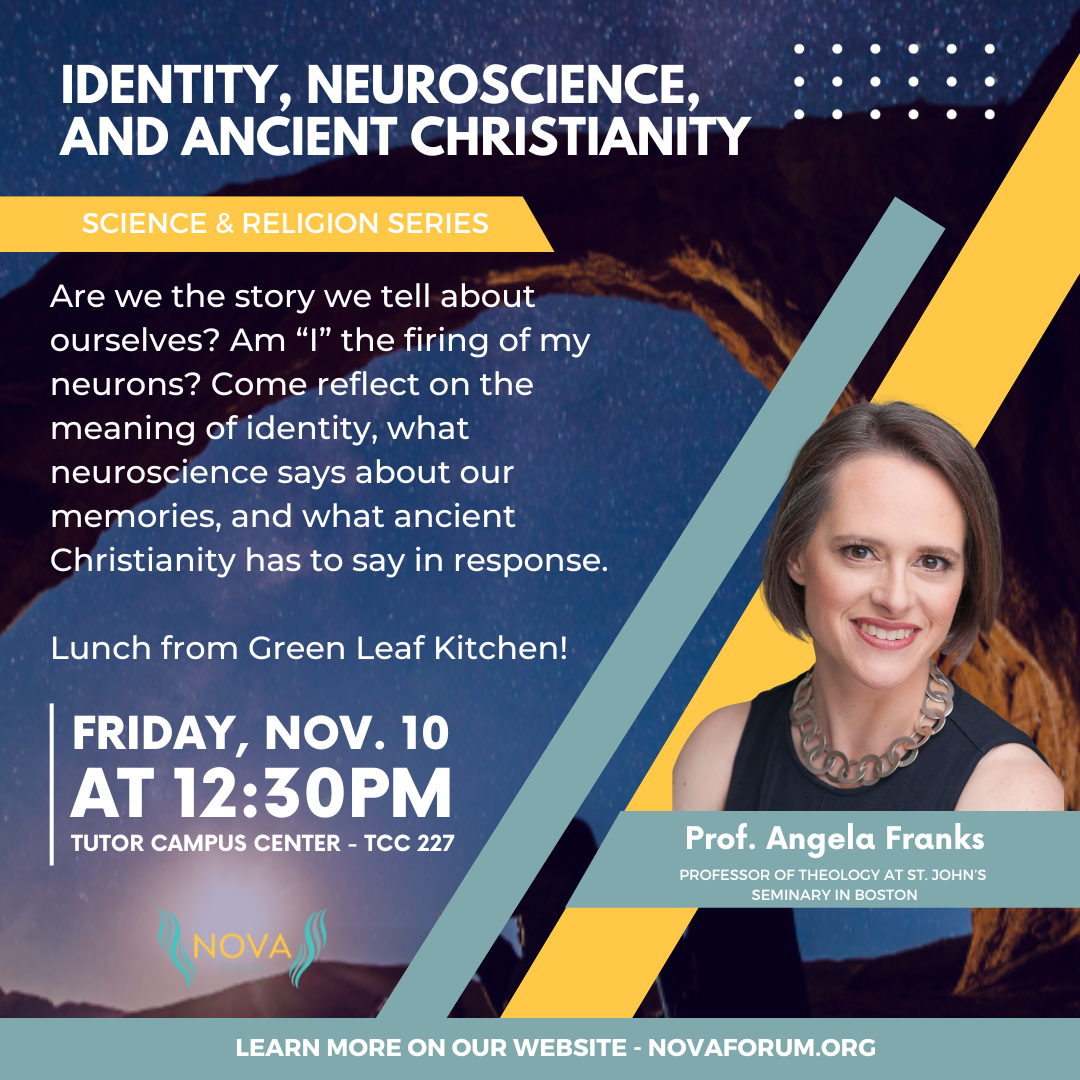
Nature after Disenchantment: New Histories of Religion & Science
Our symposium presents research in progress from USC humanities faculty on the “supernatural,” narratives of disenchantment, and more!
Sort by:
Our symposium presents research in progress from USC humanities faculty on the “supernatural,” narratives of disenchantment, and more!
Peter Harrison traces the history of these two categories and opens up new possibilities for thinking about the relations between them.
In view of progressive research advances in biotechnology and medicine, the prospect of living longer, increased longevity, increased health span, and even biologic immortality has become more real than ever before. The Secrets of Immortality evaluates humankind’s continuous quest for immortality—an integral part of human nature.
With hundreds of millions of dollars being spent on anti-aging and immortality research, some futurists believe that within a few decades, man will be able to live up to 150 years, if not more. Some believe that the first person to live up to 1000 years old is already alive today. While this sounds like a premise from science fiction, The Secrets of Immortality describes the current state of biotechnology and medical research data and the possibilities of anti-aging and natural or biologic immortality within the near future.
Prof. Dr. Ernst von Schwarz wrote The Secrets of Immortality from a theological point of view, examining everlasting life from the perspective of different religions (with a main emphasis on the Roman Catholic tradition). Dr. Schwarz is a physician, transplant cardiologist, and researcher, but he is also a theologian, offering a unique perspective to longevity and immortality.
Ernst von Schwarz, MD, PHD, FESC, FACC, FSCAI, is a world-renowned, triple-board-certified clinical and academic cardiologist and clinical professor of medicine at UCLA and UC Riverside. He joined Cedars Sinai Medical Center and UCLA as Director of the Cardiac Device Program in 2006. He was appointed director of cardiology at the Heart Institute of Southern California Hospital Culver City in 2015 and chairman of Pacific Heart Medical Group and medical director of Heart Stem Inc. since 2016.
He is considered a worldwide pioneer in the field of stem cell research. He has published over 150 scientific papers in international peer reviewed medical journals, as well as several books and book chapters in cardiovascular medicine. He is a sought after expert witness in several high profile court cases, and a regular medical news contributor to TV and radio.
How should human beings relate to AI? How does the increasing presence of AI change how we relate to each other? Join us for a conversation at the intersection of religion, ethics, and the tech industry as we explore these questions.
What does it mean that my flesh was born into the world? What would its re-birth entail? The turn to the body after Nietzsche not only foregrounds the finitude of the flesh, but clears the way for a new phenomenology of resurrection. This seminar for faculty and graduate students will study selections from Emmanuel Falque’s The Metamorphosis of Finitude: An Essay on Birth and Resurrection (2004).
Do we all share reason in common? What happens to “natural” reason after the death of God? Thomas Aquinas’s approach to the “Gentiles” (non-Christians) in his century can help us trace the border of metaphysics and theology today. This public lecture is open to all USC students, faculty, and staff.
Are we simply the story we make about ourselves? Or the firing of our neurons? Learn what identity means, what neuroscience says about our memories, and how ancient Christianity has a robust response.
Building on his recent book, With the World at Heart: Studies in the Secular Today (University of Chicago Press, 2019), this seminar with Thomas A. Carlson will explore how Martin Heidegger’s well-known concern that modern technology threatens distinctively human modes of dwelling in the world is indebted to the lesser known but fundamental role that love plays in his philosophy.
At present, the commercial appeal of automated legal systems rests on three pillars: speed, scale, and preference satisfaction. However, for many parts of the U.S. legal system, there is common sense that their translation into computation would be inappropriate. Come listen to an urgent reflection on the language and distinctions necessary to weigh commercial versus legal interests in the age of AI.
If you've ever thought that faith and science are in conflict, come listen to Professor Christopher Baglow sort out a variety of misconceptions, including the apparent antagonisms of creation and evolution, and Sacred Scriptures and modern science.
Join us for our first Being Human, Science & Religion series! Fr. Robert Spitzer will explain these new developments and their implications for a robust connection between physics and metaphysics - faith and reason.







